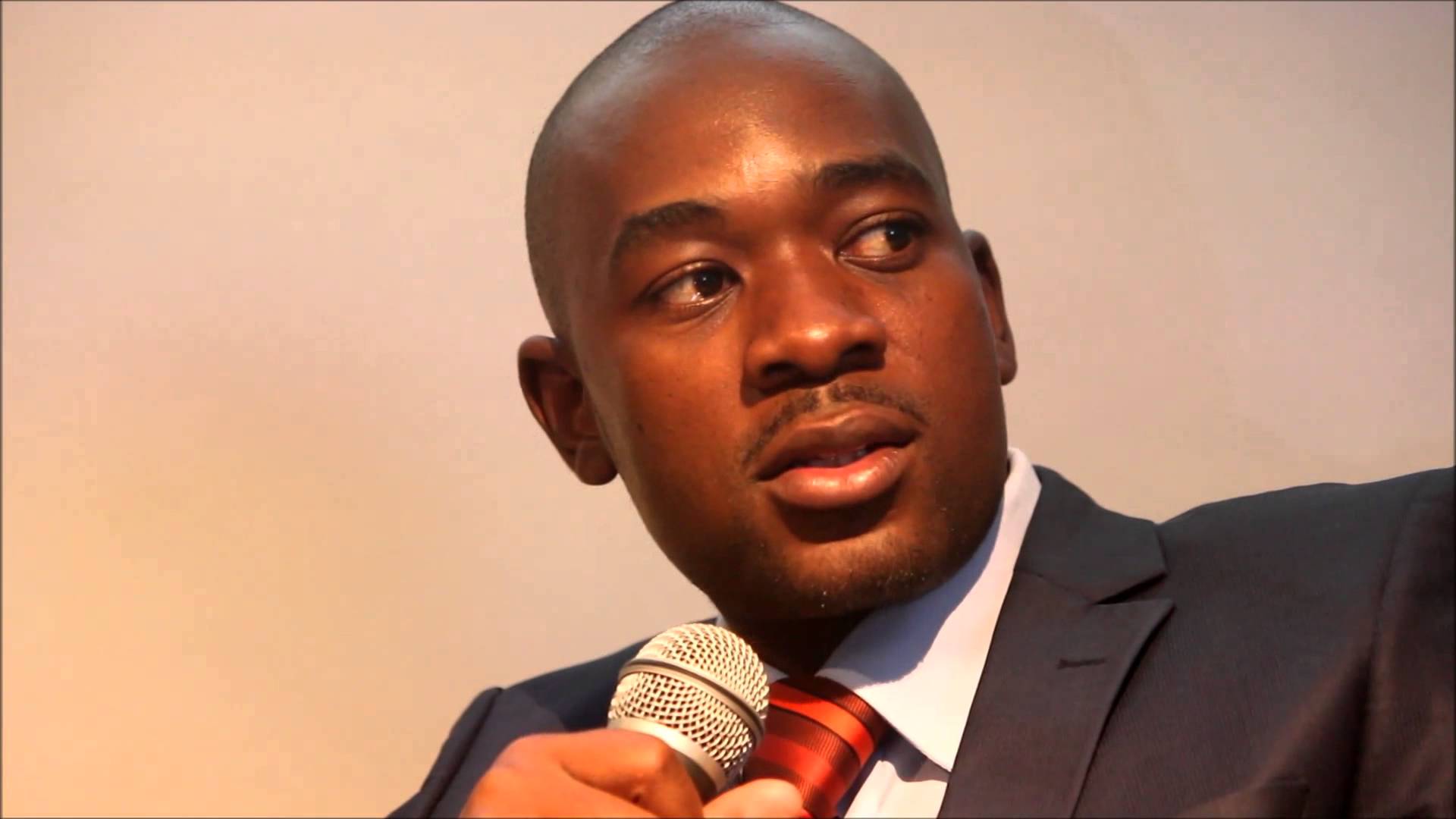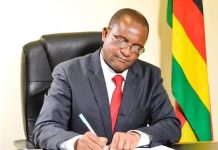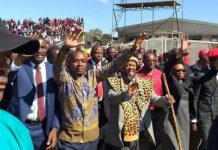DIALOGUE between opposition MDC Alliance leader Nelson Chamisa and President Emmerson Mnangagwa remains key in resolving the country’s multi-layered political and economic crises and churches will push for the talks to materialise, says Zimbabwe Council of Churches (ZCC) secretary-general Kenneth Mtata (KM). Mtata recently sat down to discuss this and other issues with NewsDay (ND) Midlands reporter Brenna Matendere. Below are the excerpts:
KM: My background training is in automobile electrics, theology and public policy. As a Christian, what drives me is the desire to see the generality of Zimbabweans enjoying peaceful, united and joyful relationships characterised by shared economic prosperity. This is what I think Jesus meant when he said: “I came so that they may have life and have it in abundance” (John 10:10). My contribution to this has been through my efforts in uniting progressive voices in the church and civil society. In public life, I have been working with others to find a negotiated settlement to the challenges facing the nation. So dialogue has been one of my main missions.
ND: As ZCC, what work have you been doing to promote peace and harmony in Zimbabwe?
KM: The ZCC has been working with other church bodies and civil society organisations to promote peace through dialogue. We have dialogues happening at local community levels where we want to activate the agency of local actors in addressing local problems. We have also dialogue platforms as organised society, especially now through the national convergence platform. We continue to explore ways of pushing political and policy actors to find each other to resolve the challenges the nation is faces. We also as ZCC address pressing humanitarian issues by providing food to the needy as well as helping them to grow food for themselves. Above everything, we train our own members to be peace champions.
ND: What is your assessment of the situation in Zimbabwe today and the socio-political environment?
KM: Most of the time we have what can be called negative peace, that is, a situation where we do not have all-out war, but where more relationships are characterised by hatred and ill feelings. This negativity characterises relationships within and between political parties. It is the relationship in different organisations and society. This kind of peace is not conducive for sustainable development. It does not allow for co-operation and sharing of resources. When one does something positive, the other feels obliged to destroy it. This kind of peace has created deep suspicion among people. There is lack of co-operation in Parliament and across different sectors of society.
ND: You wanted to bring Mnangagwa and Chamisa to the negotiating table. What happened to your plans?
KM: The intention was to cultivate a culture of dialogue among Zimbabweans across different levels of society. Mnangagwa and Chamisa represent the largest followership of voters if we use the figures of the last election. Their co-operation engenders a positive national atmosphere.






